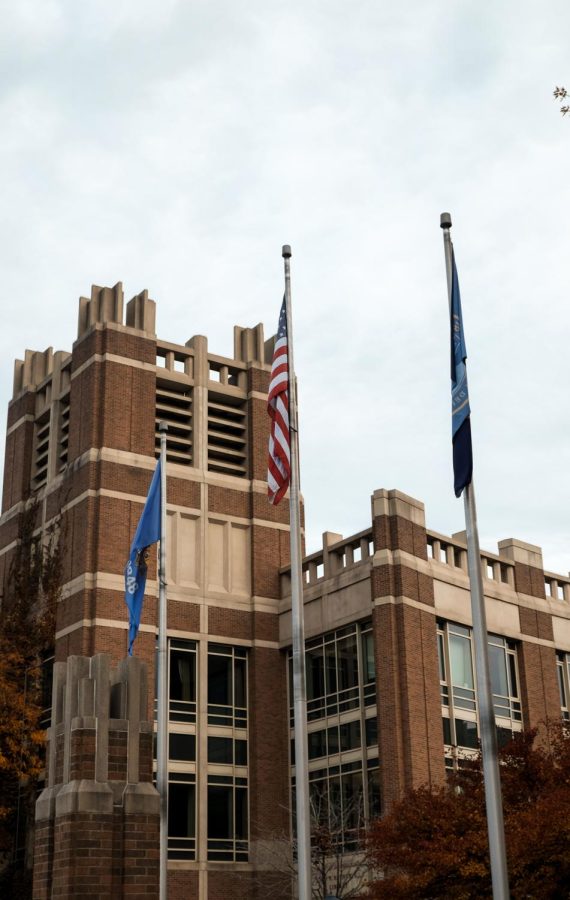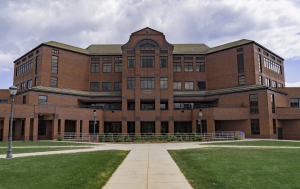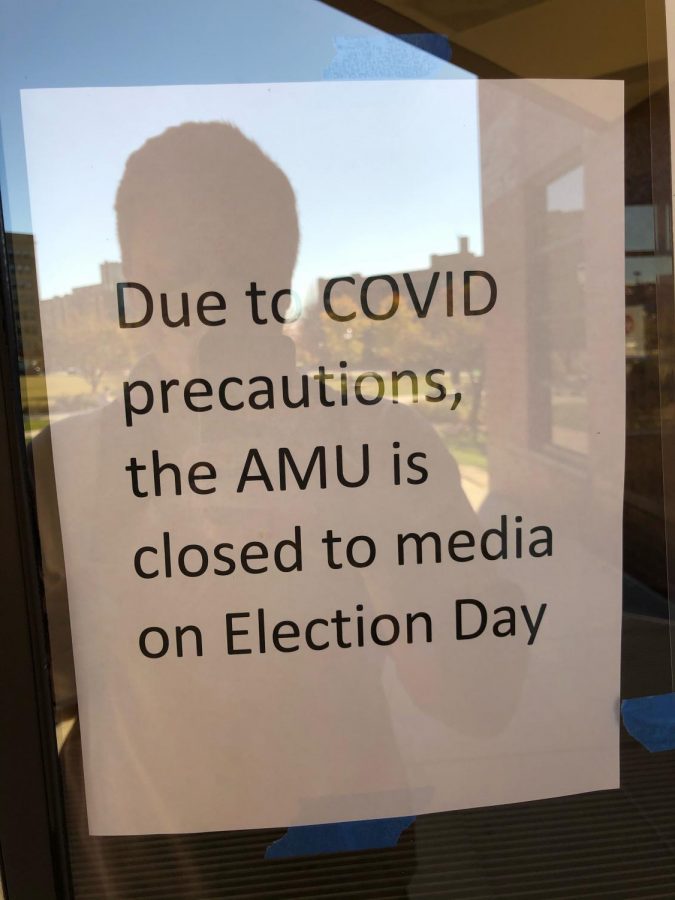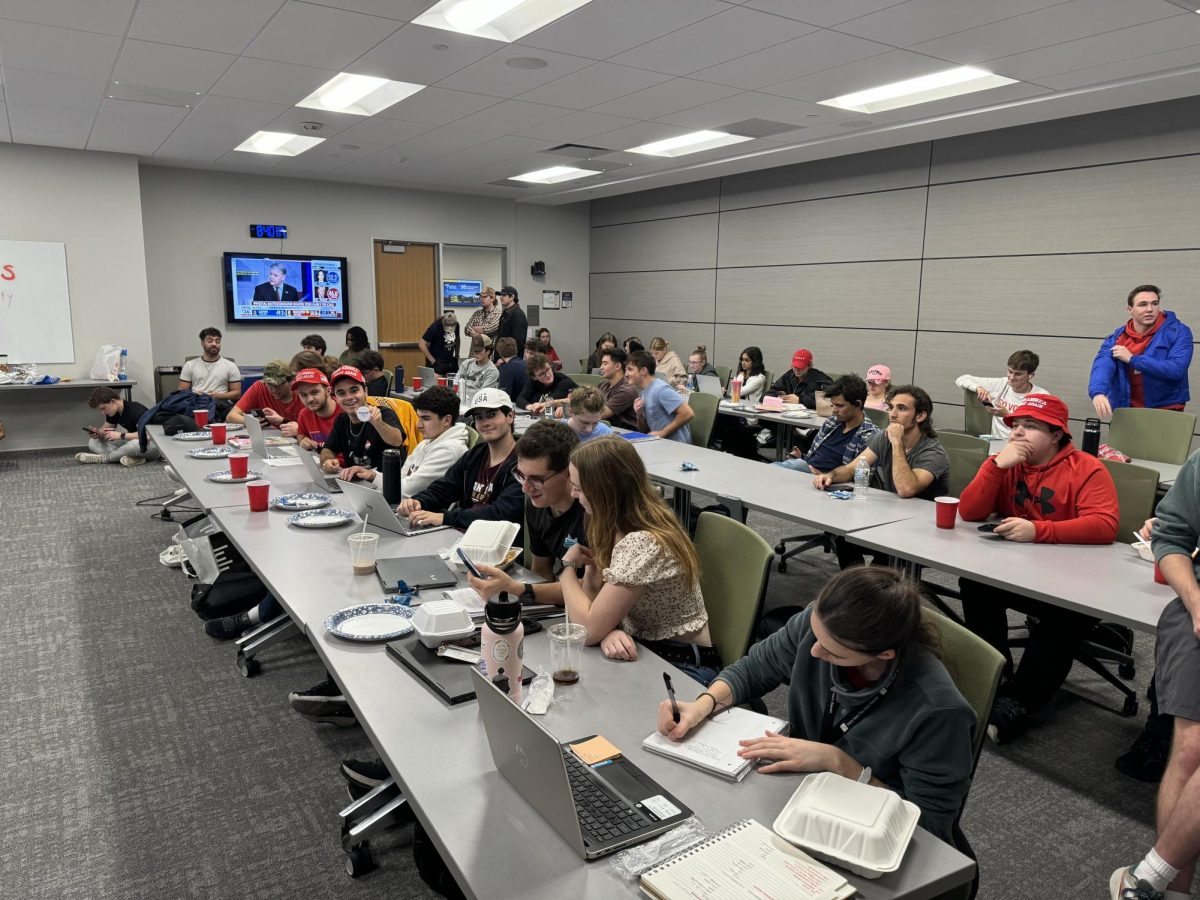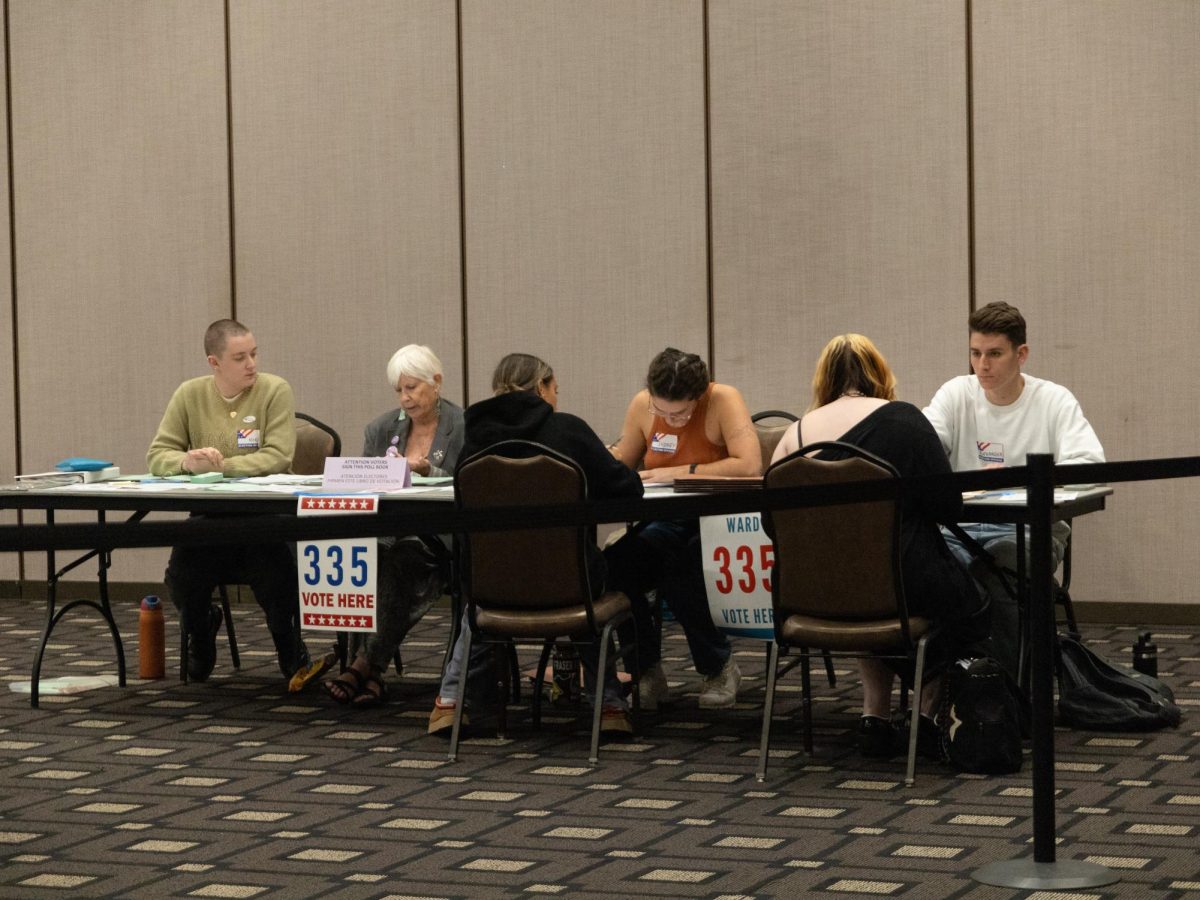The legalization of marijuana for medical and recreational use is on the Nov. 6 ballot in 16 Wisconsin counties, including Milwaukee County, and two cities as an advisory referendum.
Philip Rocco, associate professor of political science, said a referendum is when the public votes directly on issues. There are different types of referenda. One is an advisory referendum, such as the advisory referendum like the marijuana referendum, where the legislature does not have to take action. The other is a referendum in which the direct votes sign the issue into law.
“Advisory referendum indicate that potentially a majority of citizens believe something should be made into a law, but it doesn’t necessarily become law,” Rocco said.
Although direct referenda are popular in western states, the Wisconsin constitution does not allow for them, Rocco said.
“The referendum will build pressure on elected officials. It is a political strategy,” Paul Nolette, associate professor of political science, said. “It depends on who wins in the midterm elections. In general, Democrats tend to be more in favor of marijuana legalization.”
Nolette said that it is possible that nothing will happen for the next two years.
The Marquette Law School Poll of Wisconsin voters conducted Aug. 15-19 indicates that a majority support legalization of marijuana. The poll states that 61 percent believe marijuana should be fully legalized and regulated like alcohol, while 36 percent oppose legalization. When this same question was asked in July 2016, 59 percent supported legalization and 39 percent were opposed.
Wisconsin would be the 10th state to legalize recreational marijuana for adults over 21 and the 31st to legalize medical use.
John Paul Bauer, a sophomore in the College of Communication, is from Detroit, Michigan, where legalization of recreational marijuana is also on the ballot.
“This is not the first time that marijuana has been on the ballot in Michigan. Every year the popularity is growing for marijuana,” Bauer said. “I think it might take a while for Wisconsin to legalize all marijuana, but I would not be surprised if medical marijuana is legalized.”
According to a June 2018 report by the National Institute on Drug Abuse, marijuana contains more than 100 cannabinoids, chemicals related to THC, marijuana’s mind altering ingredient that makes people feel the sensation of being high.
THC and CBD, another cannabinoid in marijuana, are of medical interest because of their ability to increase appetite, decrease inflammation, muscle control problems, and control epileptic seizures and possibly mental illnesses, according to the report.
“Because people use marijuana for anxiety, back pain and other injuries, it should legalize for medical users only,” Bauer said.
Bauer said that he is not registered to vote, but if he were he would vote against the legalization of recreational marijuana.
Kate Gustafson, a sophomore in the College of Arts & Sciences, said it is her first time voting in Wisconsin.
“I think that marijuana should be legalized because if it were to be legalized it could not be used as something that contributes to mass incarceration,” Gustafson said. “In a city as racially diverse and segregated as Milwaukee, I think often African Americans get more policed with marijuana than white people. If it were to be legalized, that issue would hopefully improve.”
According to a report by American Civil Liberties Union, half of all drug busts in the U.S. are for marijuana. African Americans are four times more likely to be arrested for marijuana possession than whites, the report said.




